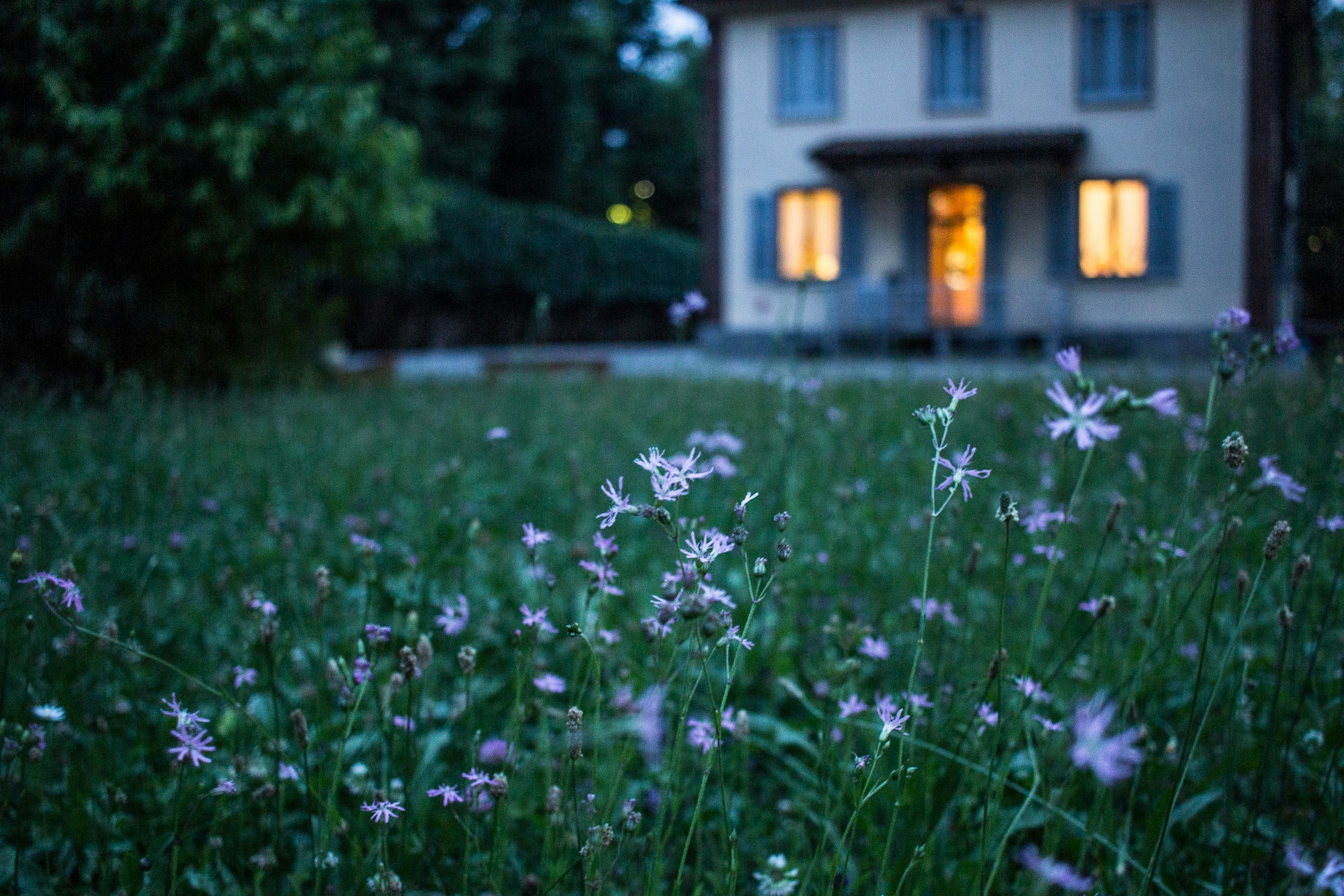Winter is once again taking hold of the nation. Though cold weather is slower to take over in some areas than in others, only a few portions of the country are exempt from its icy grip. When winter sets in, your home heating system can make it more bearable. People have an array of options for heating their homes at this point, but boilers are the most common in many areas. They heat more effectively in cold climates than some other systems, and they tend to provide more even heat. They’re more energy efficient than furnaces as well, and they don’t spread indoor air contaminants the way forced air systems do.
Though boilers are a prime choice for home heating, especially in areas where furnaces and heat pumps just don’t put out enough heat, reaping the full extent of their benefits depends on whether they’re working properly. Routine maintenance and promptly repairing your boiler when the need arises can ensure it always operates effectively and efficiently. While repairs and in-depth maintenance are best left to professionals, there are some things you can do to keep your boiler system in working order.
Check for Leaks
One of the most important things you can do is to routinely check your boiler for leaks. Look for puddles or damp spots around the boiler itself and the pipes connected to it. Check for moisture on the pipes’ connections and the boiler casing as well. If you find moisture on or around the boiler, contact a boiler repair expert as quickly as possible. Don’t ignore a little excess moisture just because it doesn’t seem serious. Even a minor leak can lead to major problems, including damage to the boiler and to your home. Beyond basic checks and yearly servicing, it’s also wise to consider a regular boiler care plan to help avoid unexpected repair costs. Ongoing coverage can provide peace of mind by addressing small issues early and protecting against costly breakdowns during colder months.
Watch Your Boiler Pressure
Watching your boiler pressure is also recommended. In general, its pressure gauge should read between 1 and 1.5 bars when it’s not running. When it’s running, it may creep up to 2 bars. Your boiler’s ideal pressure levels may vary slightly, though. Read your owner’s manual to be sure. If the pressure is too low, you may need to add more water to the boiler. If that doesn’t fix the problem, you may have an unseen leak somewhere. If the pressure it too high, you may have too much water in the boiler or excess air in the system.
Bleed the Radiators
Bleeding your radiators is an essential step in boiler maintenance as well. Air can get trapped in your heating system, especially if it has been sitting idle all summer. That can cause excess pressure, cold spots, and other issues. Bleeding the radiators eliminates the trapped air. To bleed the radiators, turn off the system, and insert your radiator key into the bleed valves on the radiators. Turn the key counterclockwise until you hear a hissing sound. When the hissing stops, turn the valve clockwise to close it. Be sure to place a bowl or bucket underneath the valves when bleeding them to catch any water that escapes.
Keeping Your Boiler in Top-Notch Condition
Boilers excel at keeping homes warm in the winter, and they offer several advantages over certain other types of heating systems. Maintenance is crucial for ensuring they operate properly and they’re ready to work when you need them to. Though professional maintenance and repairs are essential, the measures mentioned here can protect your boiler between tune-ups.

